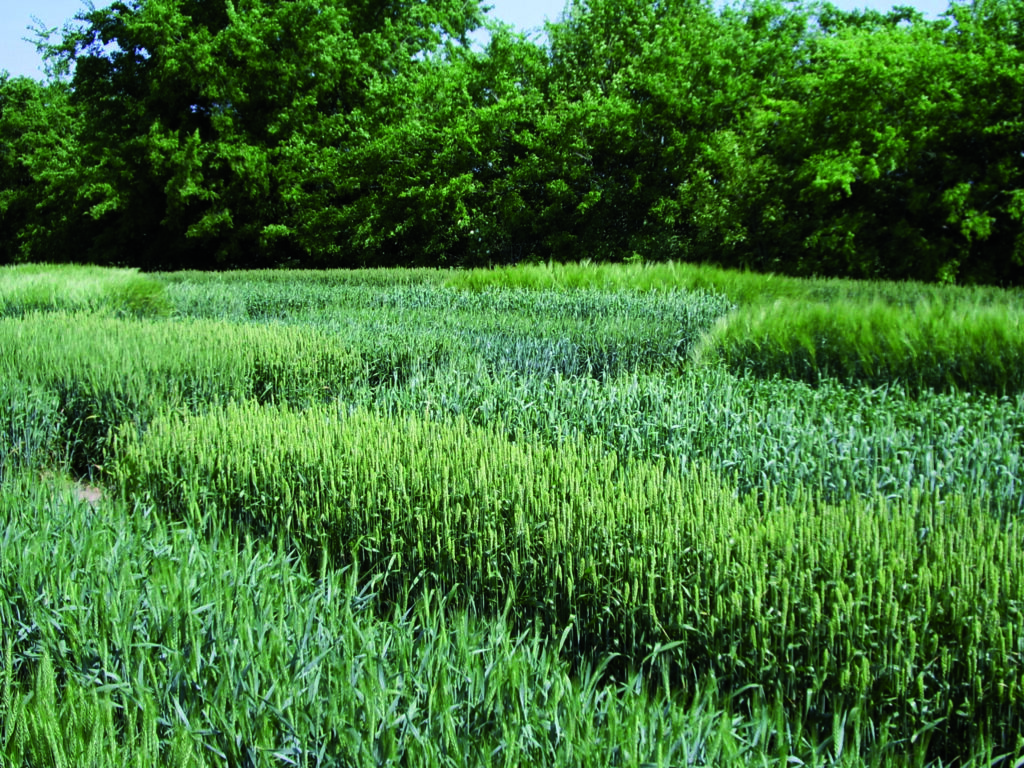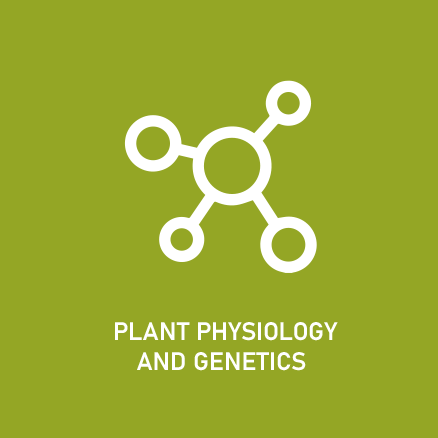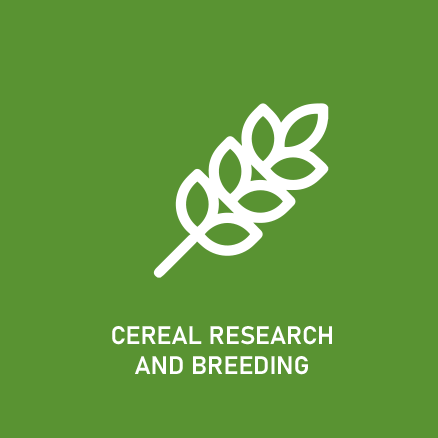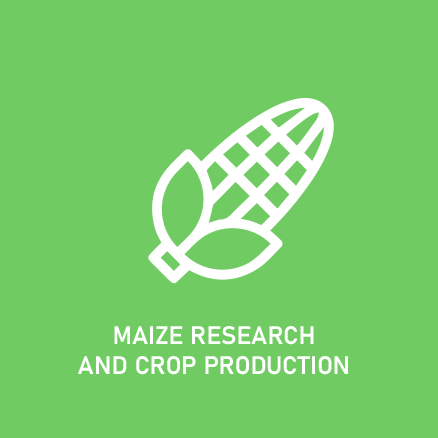Department of Crop Production
DEPARTMENT OF CROP PRODUCTION


The backbone of the research consists of basic research in long-term experiments, tests on the agronomic responses of various maize hybrids and wheat cultivars, and the simulation modelling of plant growth. The main aim of the research is the sustainable enhancement of yield levels.
The foundations for the work of the department were laid down by Béla Győrffy, Member of the Hungarian Academy of Sciences, who set up long-term experiments on crop production 50–60 years ago. The 14 long-term experiments now underway in Martonvásár cover a total area of almost 20 hectares, divided into over 400 plots. The most important of these experiments are designed to investigate crop rotation vs. monoculture, various fertilisation systems, and the interactions and carry-over effects of organic manure and artificial fertiliser, together with polyfactorial experiments. The emphasis in these experiments is on the sustainability of crop production technologies, concentrating not only on yields, but on the ecological sustainability of the production systems. The agronomic responses of maize hybrids and wheat cultivars bred in Martonvásár (fertiliser utilisation, plant density and sowing date responses, etc.) are studied in bi- and multi-factorial experiments. The aim of this research is to determine or predict optimum ranges (e.g. of fertiliser input) and expected yield levels. Research on effective weed control technologies and on the herbicide tolerance of crops has been carried out in the department for many decades. Measurement data have been used to develop a simulation model for crop production, which allows research results to be extrapolated in space and time and is suitable for a wide range of practical uses (e.g. in the extension service).
STAFF
RESEARCH
PUBLICATIONS
Dobor L, Barcza Z, Hlásny T, Árendás T, Spitkó T, Fodor N. (2016) Crop planting date matters: Estimation methods and effect on future yields. Agr. For. Met. 223: 103-115. doi:10.1016/j.agrformet.2016.03.023
Fodor N, Pásztor L, Németh T. (2014) Coupling the 4M crop model with national geo-databases for assessing the effects of climate change on agro-ecological characteristics of Hungary. Int. J. Dig. Earth 7: 391-410. doi: 10.1080/17538947.2012.689998
Fodor N, Máthé-Gáspár G (2012) Modeling the phosphorus balance of different soils using the 4M crop model. Plant Soil Env. 58: 391-398. doi: 10.1080/00103624.2012.631415
Árendás T, Bónis P, Csathó P, Molnár D, Berzsenyi Z. (2010) Fertiliser responses of maize and winter wheat as a function of year and forecrop. Acta Agr. Hun. 58: 109-114. doi: 10.1556/AAgr.58.2010.Suppl.1.16
Árendás T, Csathó P. (2002) Comparison of the effect of equivalent nutrients given in the form of farmyard manure or fertilizers in Hungarian long-term field trials. Commun. in Soil Sci. and Plant Anal. 30: 2861-2878. doi: 10.1081/CSS-120014487











